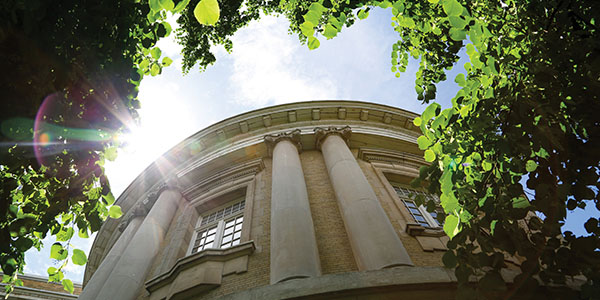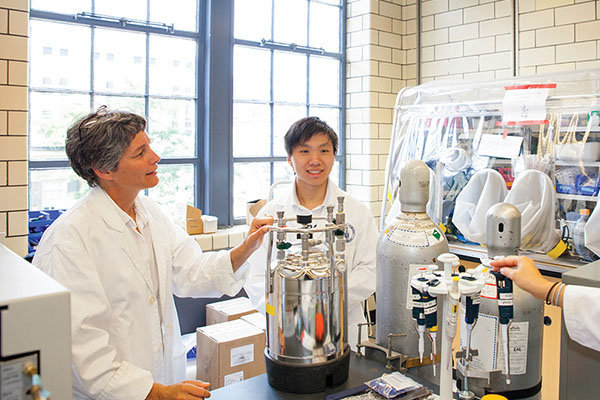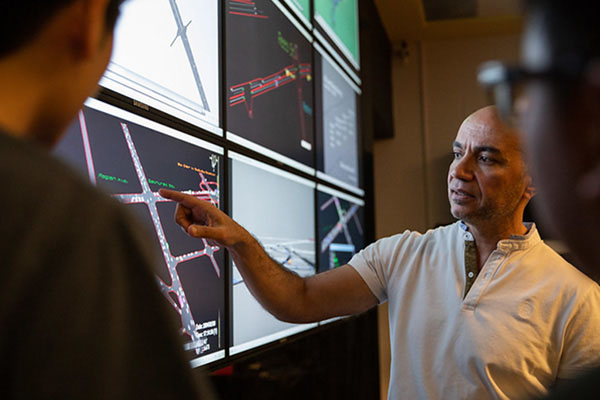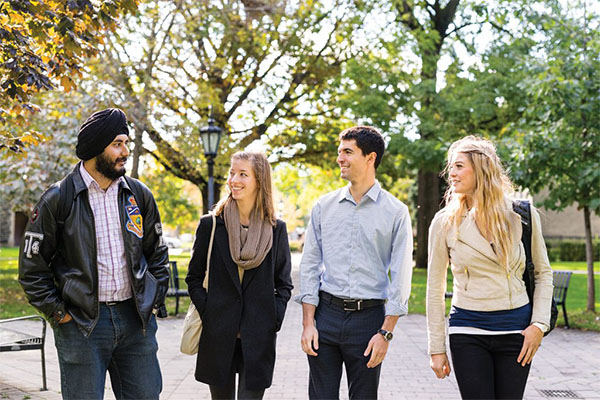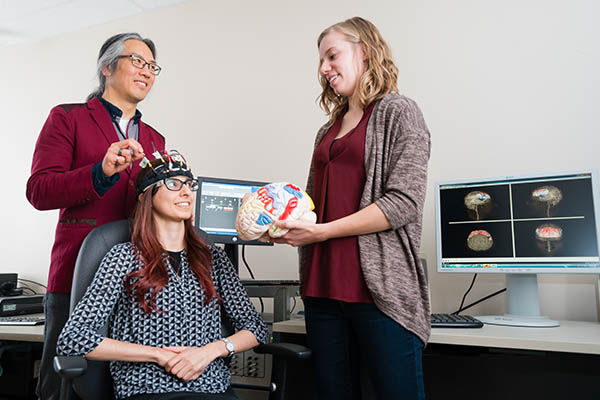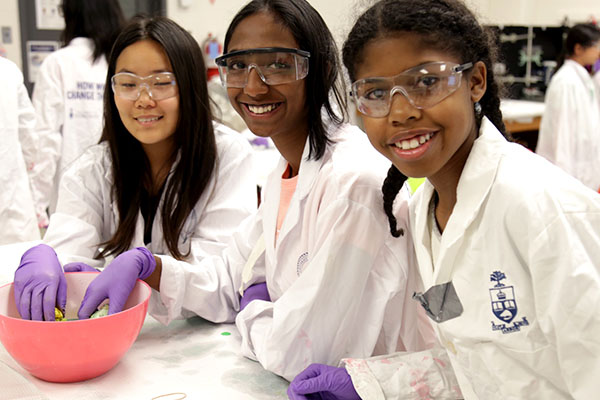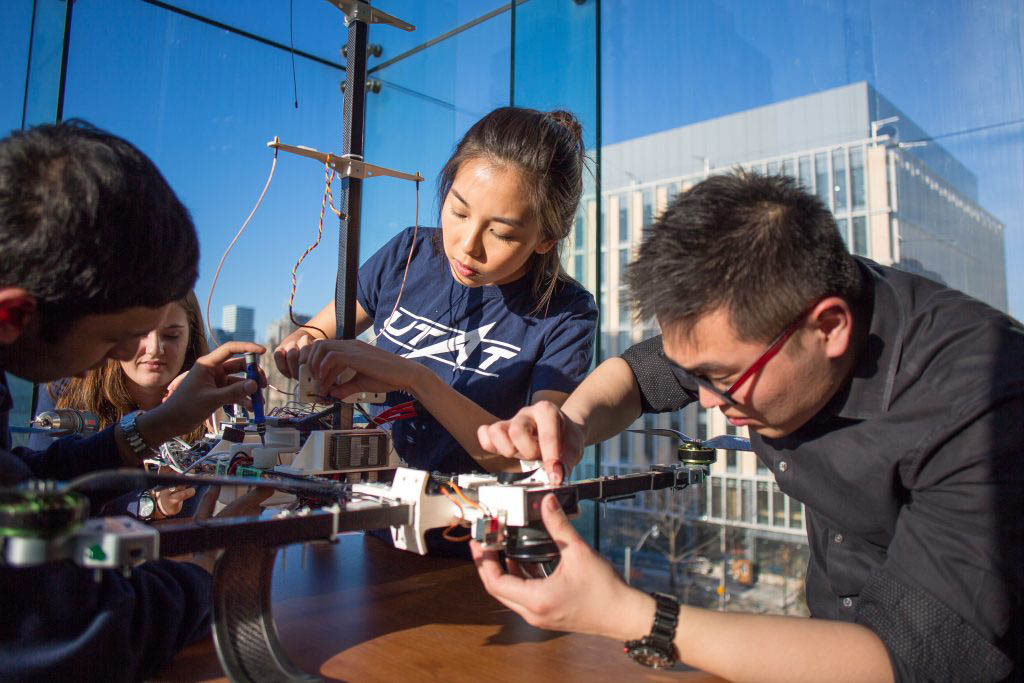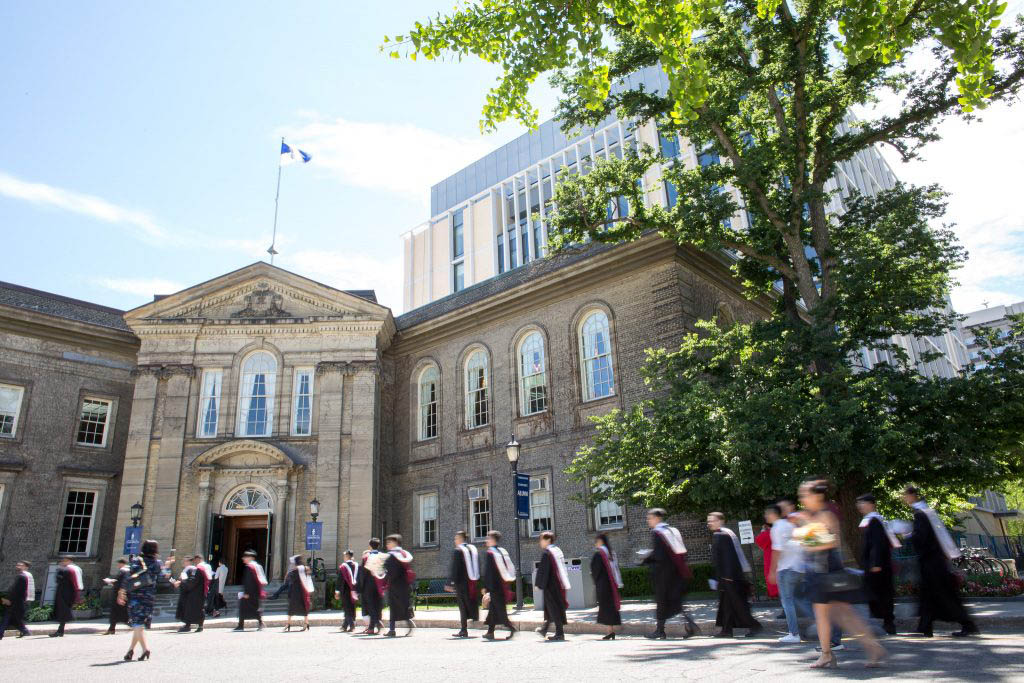The Max Planck-University of Toronto Centre (MPUTC) for Neural Science and Technology aims to create and deploy advanced technologies for the study of brain circuits for the improvement of human health, while charting new territory in the field of computing.
The centre brings together leading researchers from the Max Planck Society (Max-Planck-Gesellschaft, MPG) and the University of Toronto (U of T) to collaborate in the fields of engineering, physics, neuroscience, neuroinformatics, and neuromedicine.
At the heart of the MPUTC is a unique joint PhD program, connecting graduate students with world-class research opportunities across U of T and participating Max Planck institutes.
Our mission
The human brain is one of the most powerful and complex systems in existence. In many ways, it is more powerful than any human-made computational system.
Our mission is to unravel the mystery of the brain by creating advanced physical technologies. These tools will then be used in our collaborative network to study brain circuits for the purpose of improving human health and exploring the future of computing.
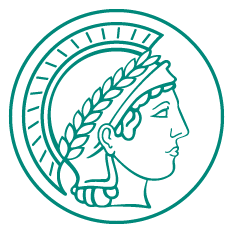
Upcoming events
Research goals
There are three central research areas of the MPUTC:
Tools
Develop novel tools for the observation and stimulation of neural activity.
Neurobiology experiments
Conduct neurobiology experiments that deploy new advance tools.
Modelling, decoding and control
Analyze data, create models and make predictions
Partners
University of Toronto Departments & Institutes
Faculty of Applied Science & Engineering
- Department of Mechanical & Industrial Engineering
- Edward S. Rogers Sr. Department of Electrical & Computer Engineering
- Institute of Biomedical Engineering
Faculty of Arts & Science
Faculty of Medicine
Toronto Academic Health Science Network
SickKids
Centre for Addiction and Mental Health
University Health Network

Leadership team

Christian Doeller
Director (MPG)
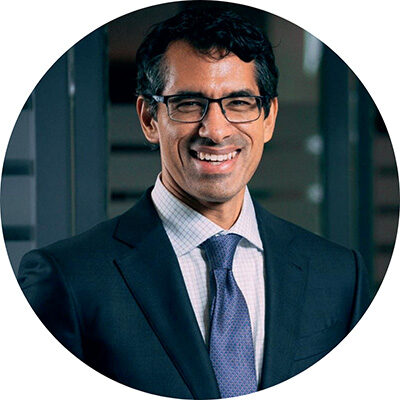
Taufik Valiante
Director (U of T)
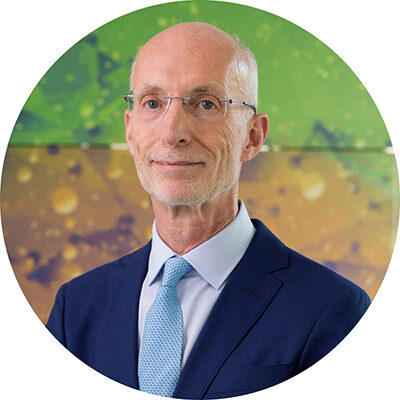
Stuary Parkin
Associate Director (MPG)

Zhong-Ping Feng
Associate Director (U of T)
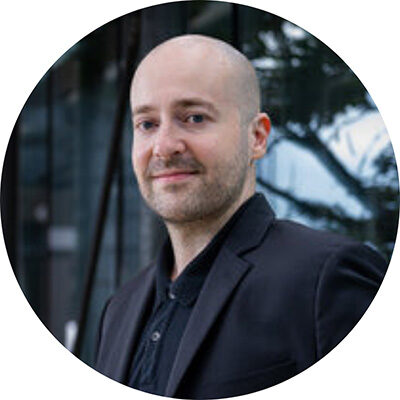
Wesley Sacher
Scientific Coordinator (MPG)

Luka Milosevic
Scientific Coordinator (U of T)

Katja Woldt
Project Coordinator (MPG)
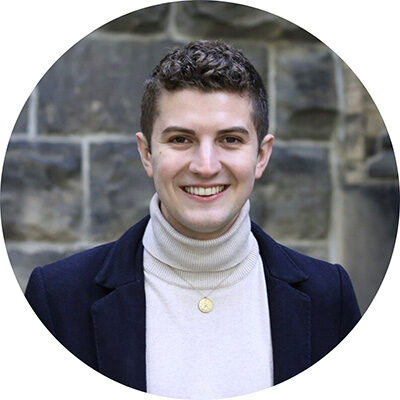
Daniel Jerman
Program Coordinator (U of T)
Message from our Co-Directors
We are both extremely excited to bring together scientists within the Max Planck Society and University of Toronto to create technologies to explore, understand, and ultimately interface these brain inspired technologies with the human brain. The multidisciplinary nature of this endeavor is captured by the myriad of disciplines represented by the various participating Max Planck Institutes, University of Toronto Departments, and affiliated hospital research Institutes. As students, many of us can remember the first time we felt the thrill of discovery, be it big or small. Thus, a key mission of the MPUTC is to create and keep that feeling alive, by inspiring and being inspired by the next generation of scientists towards the combined endeavor of neuroscience and neurotechnology.
Towards this end, the key activity that undergirds the MPUTC’s scientific mission is the PhD training program. The PhD training program will expose U of T students to the world-class science emerging between the University of Toronto and the Max Planck Society and within the MPUTC for Neural Science and Technology. Our world is our brains. The training of new minds in neuroscience and neurotechnology in the MPUTC will advance the interfacing to and understanding of the brain in health and disease – something that for a surety is to change our world.
Joint PhD Program
The Max Planck-University of Toronto Centre offers unique opportunities for jointly supervised PhD thesis research between the participating Max Planck Society and University of Toronto PIs.
Program benefits
PhD candidates complete academic requirements at and earn PhD degrees from an associated department at U of T while being able to conduct research at a Max Planck Institute (MPI).
As a jointly supervised PhD student, you will have access to complementary facilities, equipment, and diverse intellectual feedback to increase the impact of your research.
The ability to work effectively at multiple institutions, with different cultures, and in international environments is an important and highly valued skill in the global economy.
Finally, the experience will increase your job prospects as you expand your network, meet new friends and colleagues, and learn about different cultures.
Contact for program and application information
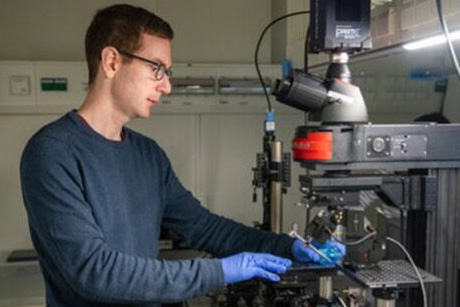
Year 1: U of T
- Coursework
- Get started in research
- Pass qualifying exam.
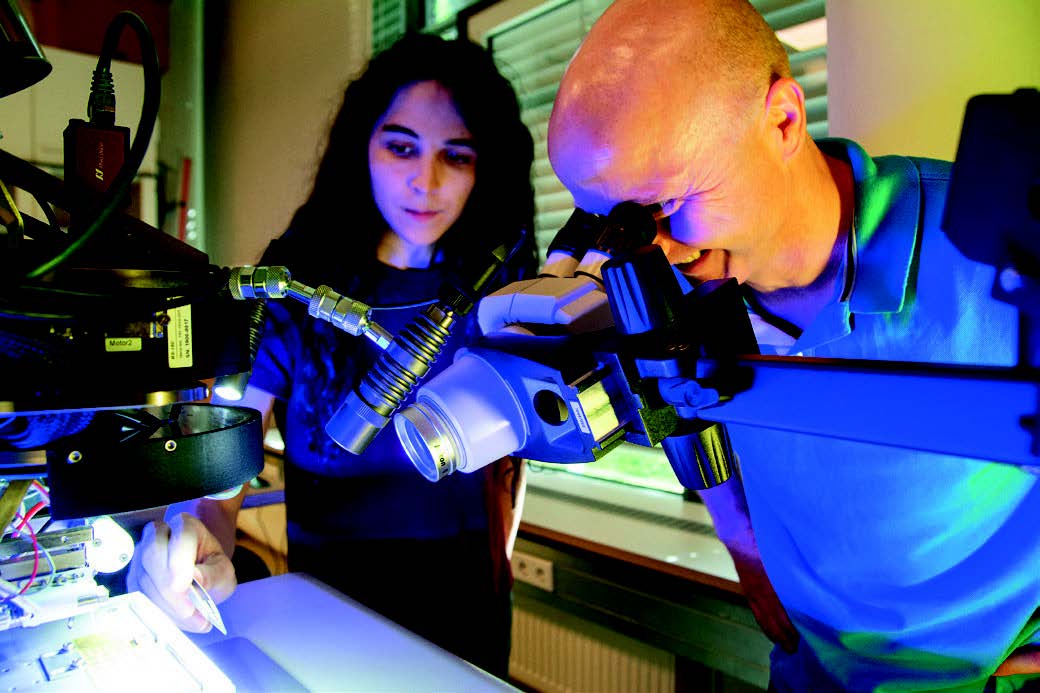
Years 2 & 3: MPI
- Research
- Visit U of T as necessary
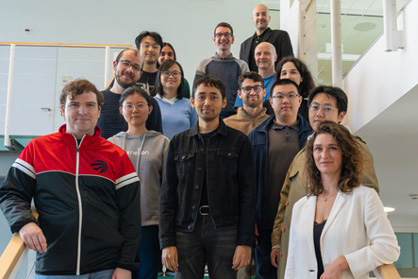
Year 4: MPI & U of T
- Research
- Visit U of T as necessary
- Defend thesis at U of T



